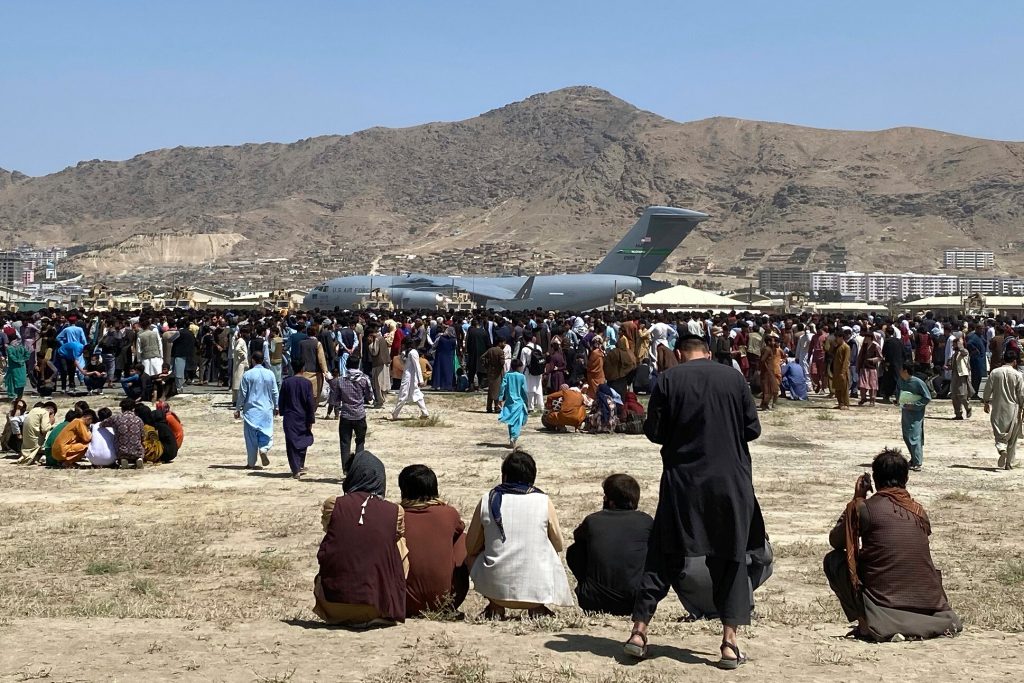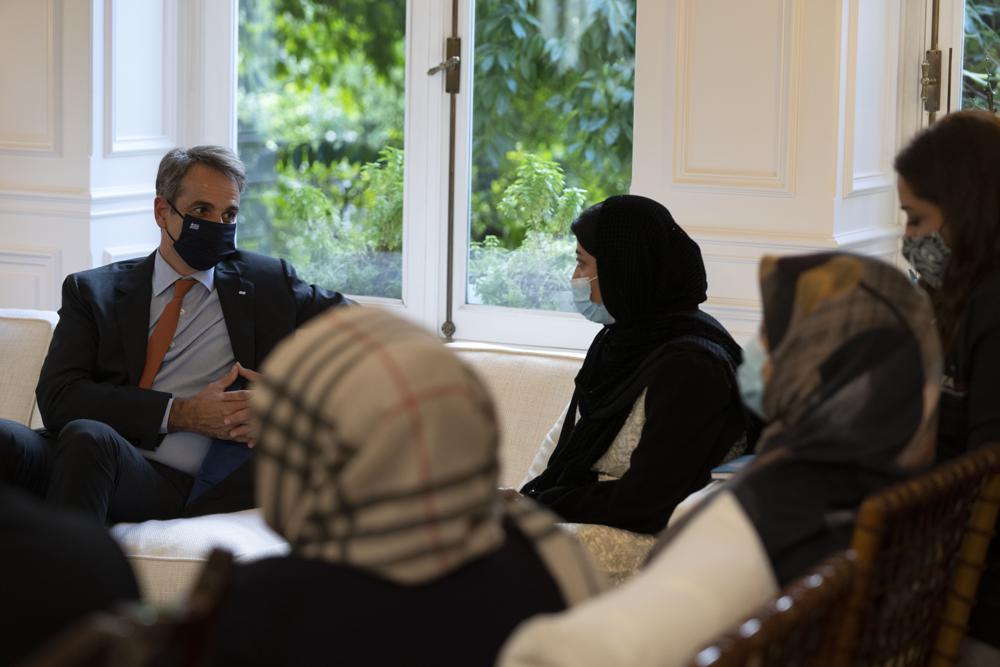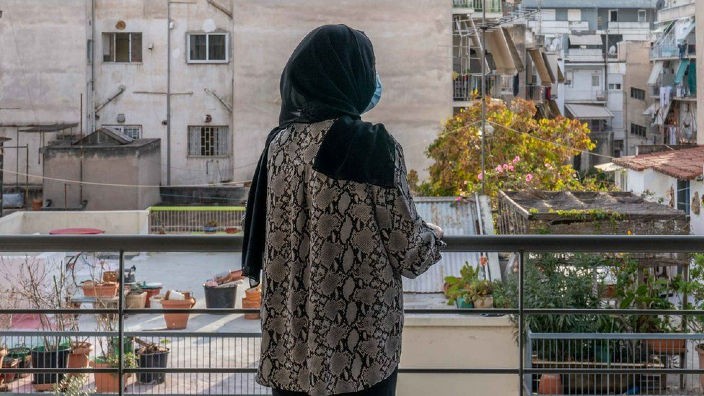When Afghanistan fell to the Taliban, hundreds of female judges went into hiding. Twenty-six of those women escaped to Greece where the BBC met and interviewed them.
Judge Sana is one woman interviewed by the BBC and she details how she feared for her life and the life of her two young children as she fled Afghanistan.
“It was the worst moment of my life, when I looked at my kids while leaving,” she told the media outlet. “I was so hopeless. I wondered whether I would ever get them out of Afghanistan alive.”
For the past three months, Sana said, she has been hunted by the very men she sent to prison for violent crimes against women. The Taliban opened prisons as they advanced across the country, freeing thousands of criminals to take revenge on those who incarcerated them.

This added an extra layer of danger to Sana’s escape from Afghanistan. The family travelled through the desert for more than 10 hours, never sleeping. Every half an hour or so, they would arrive at a Taliban checkpoint where armed men would inspect the travellers.
“If they knew I was a judge, they would have killed us immediately,” she said.
Eventually, Sana and her children were taken to an airstrip. As the plane took off, the entire cabin broke down in tears, she said.
After arriving in Athens, all 26 judges and their family members were tested for COVID-19 before being dropped off at various apartment blocks around the city. Under a temporary visa scheme, the judges were guaranteed food and shelter by the Greek authorities, in conjunction with various charities, for 14 days.

What would happen after the two weeks were up was unknown. The judges were advised to start applying for asylum in a third country.
Some had the rare opportunity to meet with the Prime Minister of Greece, Kyriakos Mitsotakis, as well as Greek President, Katerina Sakellaropoulou.
Others, like Sana, vow to continue to fight the injustice they see currently in Afghanistan and “support every Afghan woman.”
“Afghanistan does not belong to the Taliban or any one specific group,” she concluded. “It belongs to every Afghan.”
*Names have been changed to protect identity.
Source: BBC News.

